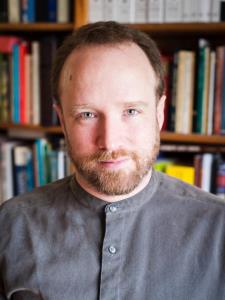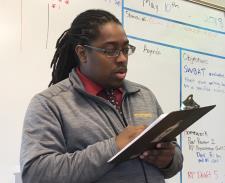Seth M. answered • 10/12/22
Expert Logic Tutor: Symbolic, Formal, Propositional, Predicate, Etc.
This is a fascinating question!
It is difficult to tell whether or in what way "classical" education is better (or worse) than "modern" education. However, a somewhat oversimplified answer might argue that classical education involved a specific view of the human person, and held that the human intellect is best formed through learning reasoning (logic), grammar, and speaking (rhetoric). This is the classical foundation, or trivium that you mentioned. It is extended, of course, by the quadrivium to also include mathematics, science, art, and music.
Modern education has a different vision of the human person -- a different anthropology. This is demonstrated in what is taught. For example, one will be hard pressed to find any public school anywhere (in the United States) that actually has a course in logic/reasoning -- let alone one that is a fundamental requirement for all students.
But you asked "how" students were taught earlier in history. Compared to today, the short answer is that they largely were not. Literacy and education are, historically, the exception. The children of affluent people had private tutors. Some churches and charitable organizations set up schools. Apart from that, there were the universities, but these didn't really start until the last millennium... and only a fraction of the population attended. For the last 2000 years, human literacy/education has largely run 5-10%. MANY more children are educated today -- perhaps 90% -- but the education they receive seems to have different goals... often ones that are damaging to children.
Today there are some schools that still do follow a classical approach, but these are all private, often religious schools, and serve only about 5% of students. That is, the number of people receiving a classical education today is really roughly what it has been over the last 1000 years! The difference is that we also have many other children and youth -- the other 85% -- getting something that is probably better than nothing, but could no doubt be improved.





